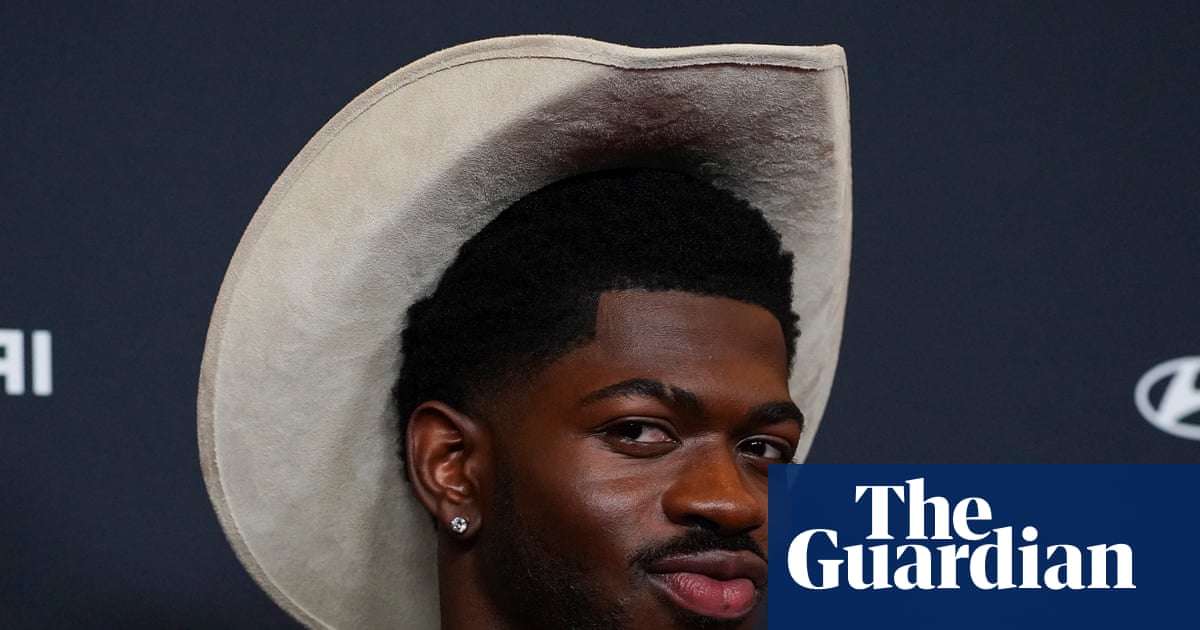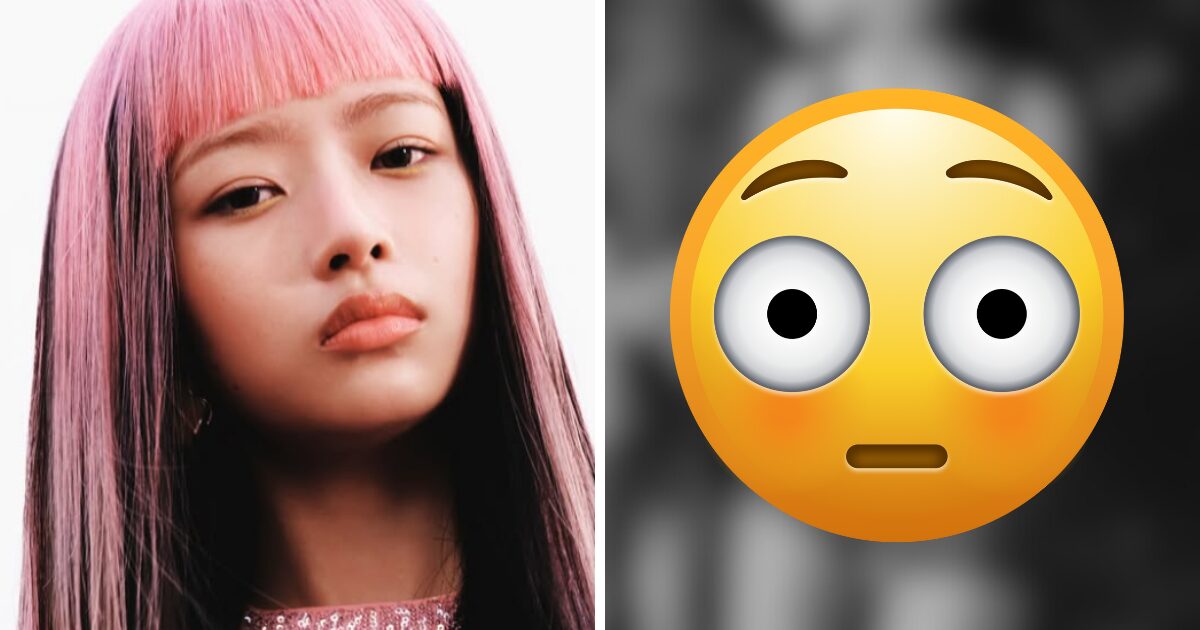The Rise of Parenting Comedy in the Digital Age

Many parents scrolling through Instagram are likely familiar with George Lewis’s humorous sketch that features two toddlers engaging in a heartfelt discussion about their feelings of abandonment and relief, cleverly encapsulated in a game of peekaboo. In this widely shared video, Lewis, a British comedian and father, reflects on his own experiences, saying, "It was a normal day, I was just playing with Dad. And then he put his hands in front of his face and he was just gone. He was behaving so erratically." This sketch strikes a chord with many as it highlights the often chaotic experience of parenting through the eyes of a two-year-old.
This comedic approach to parenting is part of a larger trend among online parent comedians, who are drawing in millions of views with their relatable content. The underlying theme remains consistent: toddlers can be unpredictable, and parenting can be overwhelmingly challenging. This shared experience creates a strong sense of camaraderie among caregivers, who spend their days navigating the trials of getting toddlers to eat vegetables and use the potty.
In Canada, singer and comedian Farideh Olsen shines a light on the absurdities of motherhood with a unique perspective that critiques societal norms. Through her music, she humorously asserts that a truly attractive husband is one who contributes to housework, engages in therapy, and respects women. Olsen, 42, has expressed her surprise at how much mothers resonate with her content, emphasizing that many find relief in humor about the daunting aspects of motherhood. She notes, "A lot of mothering is extremely lonely. You're at home with your kids by yourself; you might meet up at a park, but those relationships often lack the depth needed to truly joke about parenting."
As mothers steal fleeting moments to check their phones amidst their hectic schedules, they often discover humor that mirrors their own realities, finding a sense of levity in the chaos. UK comedian Michael McIntyre was a pioneer in extracting laughs from the struggles of parenthood long before the pandemic. He famously stated, "You never love your children more than when they are unconscious, but still breathing," illustrating the complex emotions parents experience.
Today’s array of parenting influencers, including those like Sydney-based stay-at-home father Sean Szeps, capitalize on small, relatable moments. His playful video on the ABCs of parenting, where he humorously defines parenting terms like “A is for ‘Absolutely not’” and “B is for ‘Brush your teeth’,” has garnered nearly 40 million views across his social media platforms. Szeps, 37, attributed his success to the pandemic, which allowed creative parenting content to thrive, offering a much-needed distraction during lockdowns filled with children.
Zach Mander, another comedic talent based in Brisbane, boasts a TikTok following of 265,000 with some videos reaching over 10 million views. Like Szeps, Mander credits the pandemic for creating a unique space where parenting comedians could shine, as many found humor in the shared struggles of parenthood. His comedic approach often blends investigative humor with relatable parenting scenarios, such as a recent viral video where he humorously recalls his kids losing a pizza slice in the family car, only to find it weeks later in a nearly fossilized state.
Many of these creators have successfully transitioned their social media presence into lucrative careers, drawing in audiences that traditional comedians might not reach in live settings. Szeps, who has been able to monetize his Instagram through sponsored content, sees his growth rate soaring by 50% each year. Mander also recognizes that the cycle of new parents ensures a constant influx of fresh audiences, as the parenting journey resets approximately every five years.
Interestingly, viewers of such content are predominantly women, with Szeps observing that many male comedians who engage in parenting humor often speak directly to female audiences. He suggests that this dynamic stems from outdated gender norms, where men discussing the challenging nature of parenting is more socially accepted, whereas women may be discouraged from showing vulnerability about their parenting struggles.
Parenting humor has even blended into broader satire. For instance, The Betoota Advocate humorously reported, "Toddler who refuses toast cut the wrong way allegedly ate four servings of vegetable dahl at daycare," illustrating the often absurd nature of parenting dilemmas.
For Szeps, platforms like Instagram have become vast communities for parents. He remarks, "You still have to navigate the complications. You still have to navigate the perfect parents. You still have to navigate comparison." Despite the challenges, he adds, "Parenting is so hard, but I don’t feel alone in it anymore, the way that I felt prior to sharing my experiences online." This sense of community and shared understanding among parents has become a vital aspect of modern parenting.


























